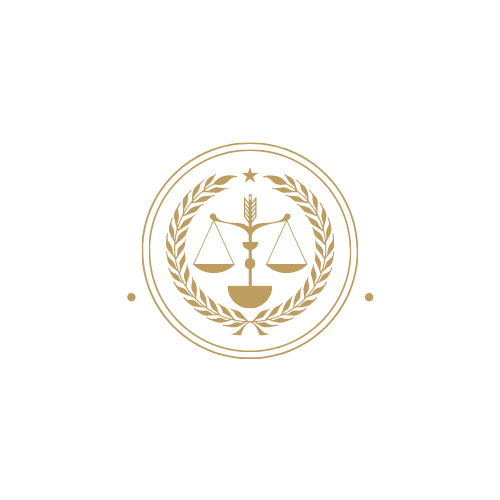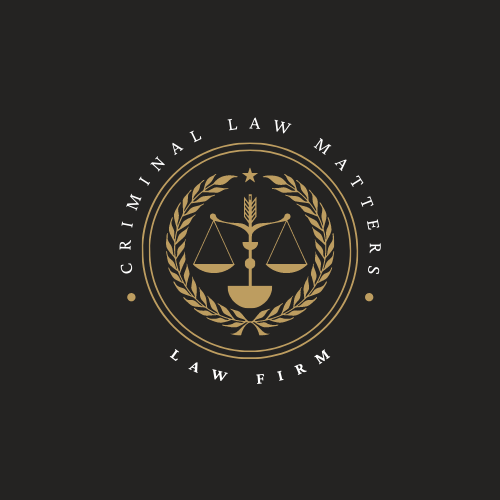Criminal Law Matters
DUID
Are you being detained for drugged driving (DUID)?
Despite marijuana being legal in Colorado, breaking the law is still possible, especially when driving. Cannabis use and possession for recreational purposes are both lawful, but it is illegal to operate a motor vehicle while under the influence of drugs. You might be charged with DUI, similar to when you drive while intoxicated.
The legal establishment invented the term DUID to distinguish between “traditional” DUI cases involving alcohol and DUI cases using drugs. DUI laws cover alcohol, drugs, or a mix of the two. As a result, the consequences for being found guilty of a drug-related DUI charge are the same as those for an alcohol-related DUI offense.
Drivers in Colorado are deemed legally intoxicated if a blood test reveals at least five nanograms of active THC. But everyone is affected by cannabis in a different way. The legal limit may leave more inexperienced users substantially incapacitated, whereas individuals who use marijuana frequently may not even be affected.
When someone mentions a DUID or drugged driving allegation, most people immediately think of marijuana or other substances. However, the most frequent DUID case we encounter is probably driving while impaired by prescription medication. The only difference between the two offenses is that the state lacks a set per se limit or number that it may use to declare that anyone who exceeds either “x” or “y” is impaired or under the influence of alcohol.
If you are pulled over in Colorado for a DUI drug-related offense, you could face the same punishments as an intoxicated motorist, which could include: Fines that do not exceed $1,000, Maximum year in prison sentence, Up to nine months’ suspension of the license, Your driver’s license will receive 12 points. 96 hours maximum of community service, increased insurance costs. Prosecutors have a difficult time persuading jurors that DUI defendants were seriously impaired because marijuana impairment is difficult to detect. Depending on the specifics of your case, our Denver DUID attorneys may be able to use one or more legal defenses to assist having your charges dropped or your punishment lightened. Let us assist you in regaining control of your life.
The public has been informed about how many beers it may take for a driver to become legally intoxicated by opponents of drunk driving for decades. But how many hits from a joint, toke, or bong is required to reach the legal limit of tetrahydrocannabinol, or THC, in your blood, which is five nanograms?
Comparatively speaking, not much has been done to inform marijuana users, and it’s even unclear whether marijuana has the same psychological effects on people as alcohol. The fact that THC level in marijuana varies greatly between various plant kinds further complicates matters. Contrary to beverages, which list their alcohol content on the label.
There is one more distinction between marijuana and alcohol worth pointing out. Your body eliminates alcohol fairly quickly. But THC gets stored in your body’s fat cells, so it takes longer to dissipate. That makes a urine test for THC useless, because it may register the cumulative amount of THC in your system, not the active amount.
Felony DUI
It is imperative that you move quickly if you have been charged with driving while intoxicated (DUI), particularly if it was a felony DUI.
DUI Testing
Contrary to popular misconception, roadside tests performed on alleged intoxicated drivers are entirely voluntary. You don’t need to do these!
Multiple DUI Offenses
If you are found guilty of DUI in Colorado, you could be subject to harsh punishments include losing your driving privileges, paying expensive fines, serving a lengthy probationary period, and even going to jail. What happens, however, if this is your second or third DUI accusation? According to Colorado law, drivers who are found guilty of a second DUI in their lifetime must serve at least 10 days in prison. If you are convicted of DUI three times, you must serve at least 60 days in county jail.
BUI
Unbelievably, boating while intoxicated (BUI) can be just as dangerous as driving while intoxicated (DUI). Anyone who operates a watercraft while intoxicated or under the influence of any other controlled substance is guilty of a misdemeanor, according to Colorado Revised Statutes 33-13-108.1, which is found in the Parks and Wildlife section. The sentences for a BUI are also very similar to a DUI, which includes jail time and fines depending on the circumstances of your BUI arrest.
Underage DUI
Even though the legal drinking age is 21, teenagers and young people frequently use alcohol. Unfortunately, underage drinking might result in drunk driving, which may cause the local police station to call a child’s parents in the middle of the night or early the next morning.
DMV Hearings
Even if a person does not have a Colorado driver’s license, the DMV may remove or suspend their ability to drive. DMV hearing officers rule on express consent hearings in Colorado and evaluate them using a preponderance standard. This is a fairly low bar for the state to meet.
Office Hours
Open – 24/7
Payment Plans Available
Holidays – open 24/7

